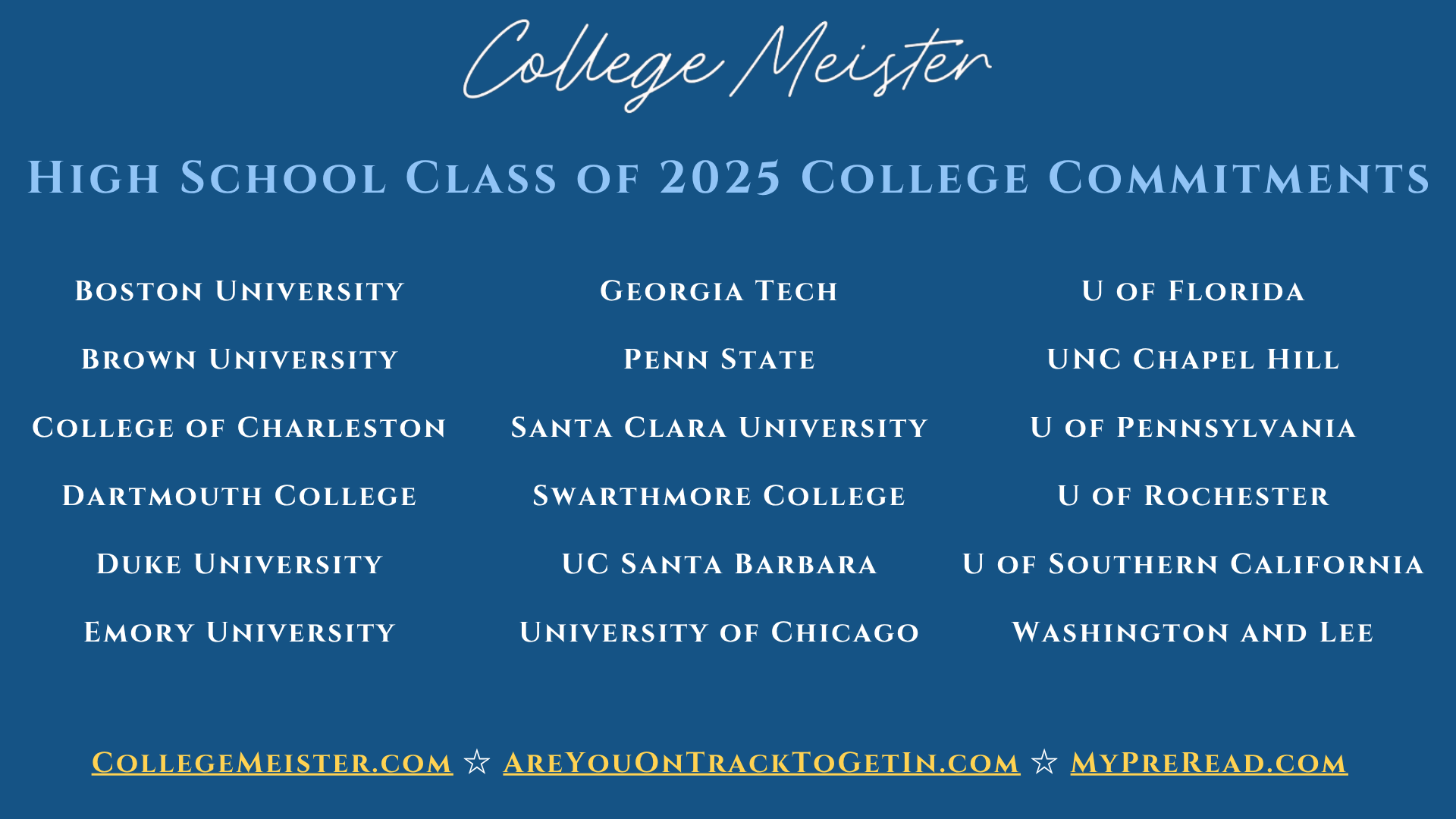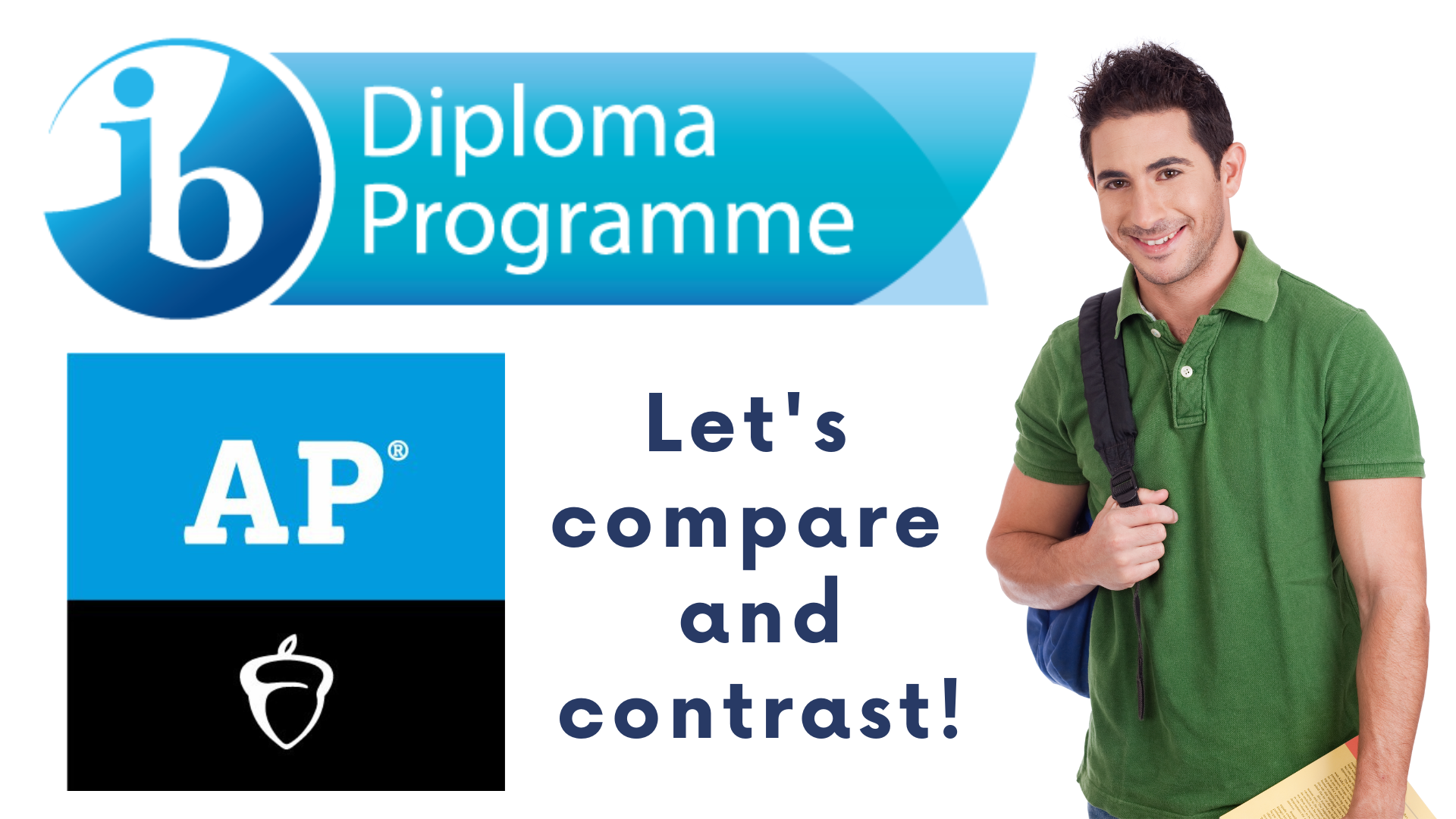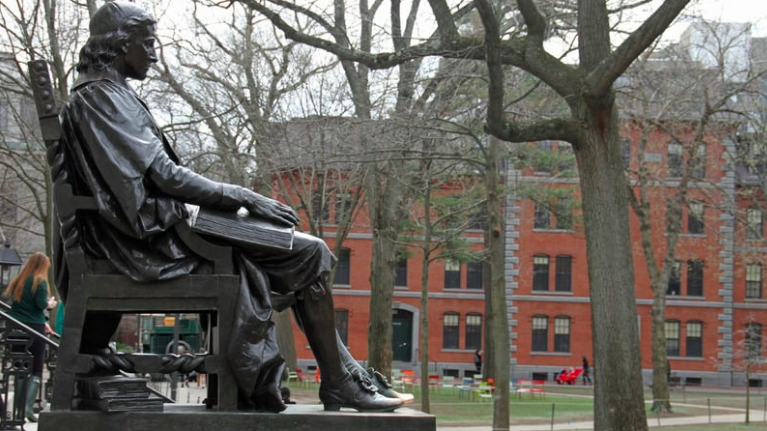 To the high school Class of 2025, and especially my remarkable cohort of graduating seniors, I extend my heartfelt congratulations!
To the high school Class of 2025, and especially my remarkable cohort of graduating seniors, I extend my heartfelt congratulations!
You’ve navigated an extraordinarily complex path to this milestone, and your resilience, focus, and grit have paid off. I’ve had the privilege of witnessing your triumphs firsthand, and I’m thrilled to celebrate your achievements in a year marked by ongoing and profound social, political, and cultural shifts.
You’ve grown up in a time of head-spinning change. For instance, in 2020, just five years ago, you were in middle school, navigating the onset of a global pandemic. Schools shifted to online learning in March, disrupting your education and social lives. As 7th graders, you were likely grappling with virtual classes, struggling to maintain focus on Zoom, and missing peer interactions. You were also adjusting to adolescence, likely spending time on platforms like TikTok, which exploded in popularity, while navigating family dynamics during lockdowns.
Meanwhile, ten years ago, in 2015, you were in early elementary school, focused on foundational skills like reading and math. Major events during this time period included the Syrian refugee crisis and the legalization of same-sex marriage in the U.S. was a cultural milestone, possibly noticed by those with family or community connections to the issue. At this age, you were likely more engaged in play, school routines, and emerging digital habits, like using tablets for educational games or watching YouTube, as smartphones became ubiquitous.
And fifteen years ago, in 2010, you were only toddlers, unaware of major events like the Haiti earthquake, which killed over 200,000 people, the Deepwater Horizon oil spill, a major environmental disaster, or the passage of the Affordable Care Act in the USA. You were likely spending your days in preschool or at home, developing basic language and motor skills, playing with toys, or watching shows like Sesame Street, which, sadly, was already well past its prime but still watchable. Technology was already creeping in, with the first iPad released, but your interaction with it was minimal, likely limited to simple apps under parental supervision. Your world was shaped by family and immediate surroundings, not global events.
Overall, you’ve grown up against a backdrop of profound global changes, from pandemics to social movements, which, whether you realize it or not, influence your worldview as you graduate. And the Class of 2025 has graduated into a world buzzing with change. The political landscape, charged by recent elections and policy debates, underscores the importance of critical thinking and civic engagement, which are qualities you’ve honed through late-night essay revisions and an overall thoughtful approach to your college admissions process. Culturally, you’ve grown up amidst rapid technological advancements, from AI-driven innovations to evolving social media dynamics, which shape how you connect and express yourselves. Socially, you’ve faced pressures from a polarized society; yet, you’ve emerged with a commitment to embracing difference and authentic self-expression. Your ability to thrive in this environment reflects not just academic prowess but a deep adaptability that will serve you well.
My philosophy has always been about empowering students to realize their potential while navigating the high-stakes college admissions process with clarity and confidence. For my seniors, this means more than just crafting standout applications; you discovered your passions and aligned them with institutions at which you’ll flourish. Your success securing spots at dream schools like the Dartmouth, Duke, Penn State, and Penn demonstrates the power of strategic and personalized guidance. Your acceptances, many with scholarships, are a testament to your hard work and our shared commitment to excellence.
Overall, the members of my Class of 2025 have committed to attend impressive colleges and universities across America:
Congratulations to each and every one of you, and thank you for allowing me to join you on this journey.
Zooming out, in 2025, the higher education landscape faces deserved scrutiny, with debates over affordability, access, and institutional value echoing loudly. Yet, as Federal Reserve Chairman Jerome Powell noted in his Princeton commencement address, universities remain “a crucial national asset” for fostering innovation and leadership.
You, the Class of 2025, embody this promise, and your journeys reflect a readiness to lead with character and conviction. No matter where you step into your next chapter, whether it be college, trade school, the military, or the workforce, I encourage you to carry forward the resilience you’ve built. The world needs your voices, your ideas, and your ability to bridge divides.
To my CollegeMeister seniors, I’m immensely proud of how you’ve embraced this process, turning challenges into opportunities. You’ve not only earned your way into top institutions but also laid the foundation for lives of impact. Expect the best, accept the best, and keep shining.
Congratulations, Class of 2025. I can’t wait to see what you accomplish next.

 Getting into the college of your dreams requires careful planning, dedication, and strategic actions throughout your high school years. Whether you have your sights set on an Ivy League school or a highly selective public university, the earlier you start preparing, the better your chances of being accepted. Here are several tips to help you build a strong college application:
Getting into the college of your dreams requires careful planning, dedication, and strategic actions throughout your high school years. Whether you have your sights set on an Ivy League school or a highly selective public university, the earlier you start preparing, the better your chances of being accepted. Here are several tips to help you build a strong college application: 4. Prepare for Standardized Tests
4. Prepare for Standardized Tests You have big career dreams, and to achieve those goals, you know you’ll need to work hard during your college years. Yet, academic success has different meanings to different people; the college goals you pursue will depend on the type of career you hope to build after you graduate.
You have big career dreams, and to achieve those goals, you know you’ll need to work hard during your college years. Yet, academic success has different meanings to different people; the college goals you pursue will depend on the type of career you hope to build after you graduate. Using Your Career Plan During College
Using Your Career Plan During College




 So many high school seniors are still in real contention for an Ivy League acceptance in the first few weeks of twelfth grade. Then, something happens that takes most of these smart and well-intentioned young people out of the running entirely.
So many high school seniors are still in real contention for an Ivy League acceptance in the first few weeks of twelfth grade. Then, something happens that takes most of these smart and well-intentioned young people out of the running entirely.